
Rashid Sumaila proposes various policy changes to help fishers benefit from ITQs while minimizing their negative impacts.
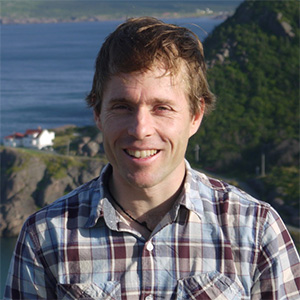
The People and the Ocean Specialist Group promotes the need to understand and integrate the voices, visions, rights, and livelihood needs of coastal peoples and island nations into policies and practices related to the conservation and management of the oceans.

The term of his appointment will be from August 1, 2019 to July 31, 2020.
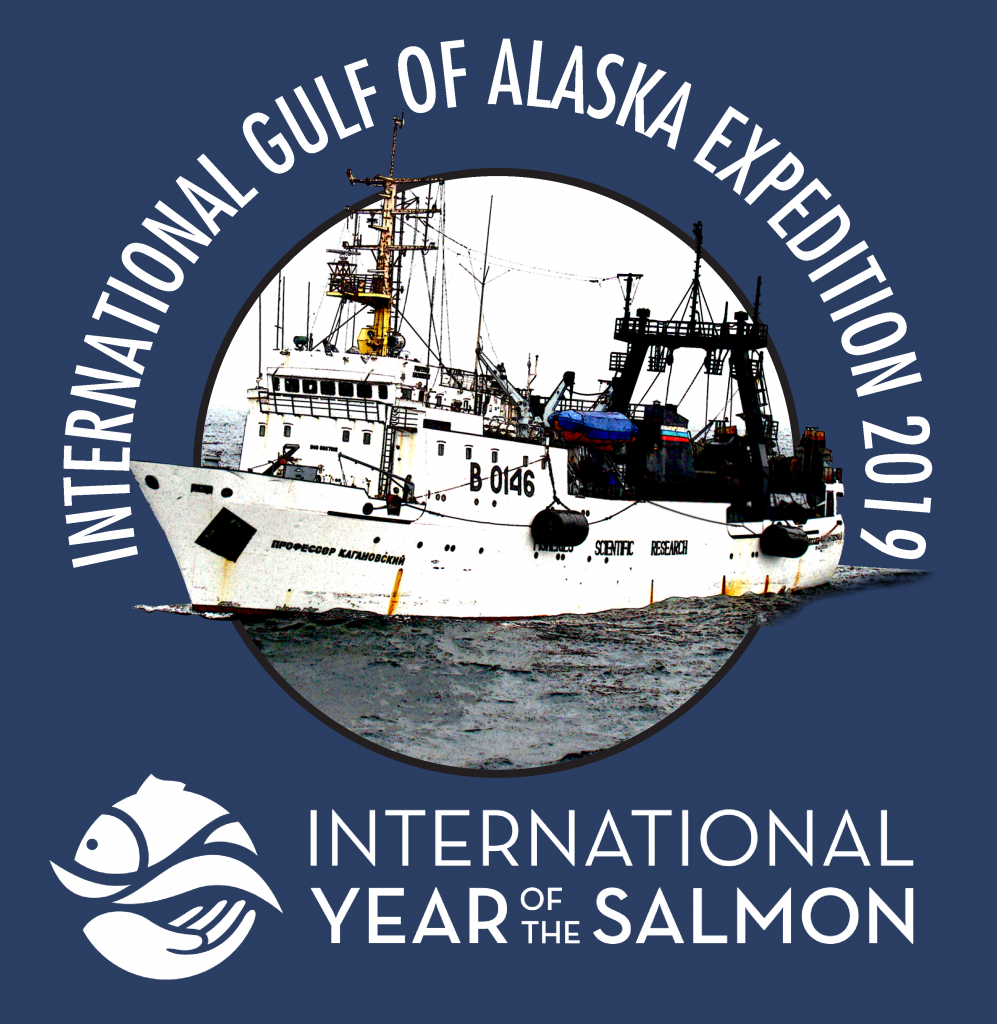
Tags: Brian Hunt, British Columbia, Canada, Evgeny Pakhomov, Faculty, Fieldwork, food webs, High Seas, Oceanography, Pelagic Ecosystems Lab, plankton, Research, salmon
The IOF has two faculty members on board this international salmon research voyage to the Gulf of Alaska
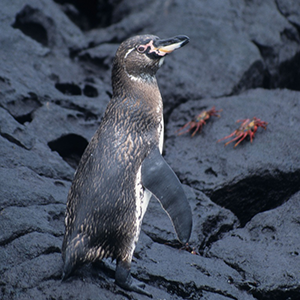
Tags: Climate change, Conservation, IOF Research Associates, Juan Jose Alava, Nereus Program, Research, seabirds
Researchers found that unless current conservation measures are increased, the birds' future conservation is precarious.

Researchers found that building trust with small-scale fishers, through actions like ensuring transparency and conducting outreach activities, is key to gaining local conservation support.
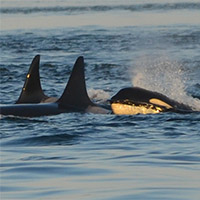
Tags: Andrew Trites, beluga whales, British Columbia, Canada, Cetaceans, Faculty, killer whales, Marine ecosystems, Marine Mammal Research Unit, Marine mammals, right whales, salmon, whales
Dr. Andrew Trites will receive $1 million over five years for research on Southern Resident Killer Whales

Tags: Amanda Vincent, CITES, Faculty, IOF alumni, IOF Research Associates, IOF students, Project Seahorse, Research, Sarah Foster, seahorses
95% of dried seahorses in Hong Kong’s market were reported as being imported from source countries that had export bans in place.

Tags: Climate change, CORU, Faculty, FERU, fisheries economics, IOF students, Nereus Program, OceanCanada, Paris Agreement, Rashid Sumaila, Research, Species distribution, William Cheung
Achieving Agreement’s target could increase global fishers’ revenues by $4.6 billion annually.
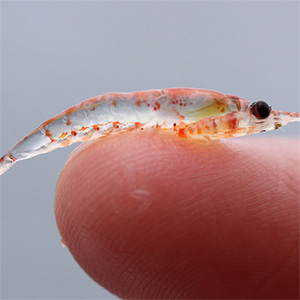
"Krill is perhaps the largest fishing resource in the world’s oceans.”